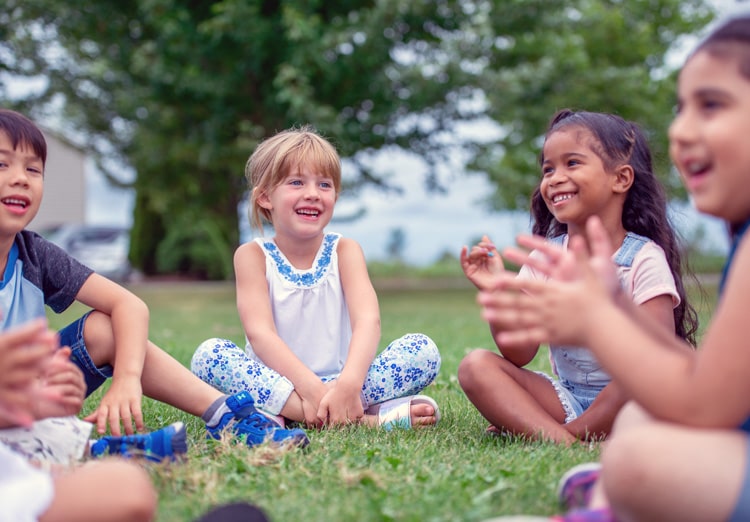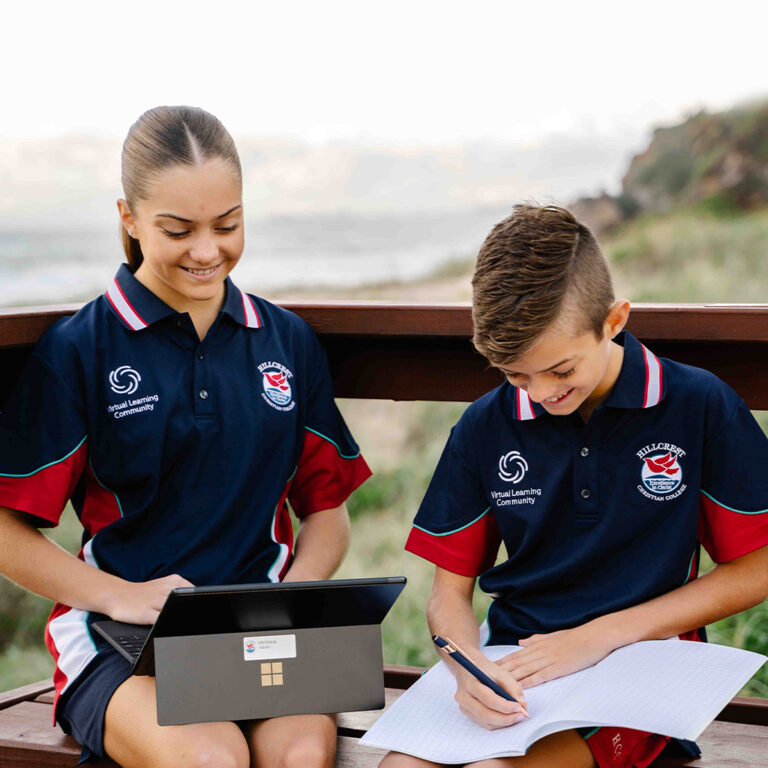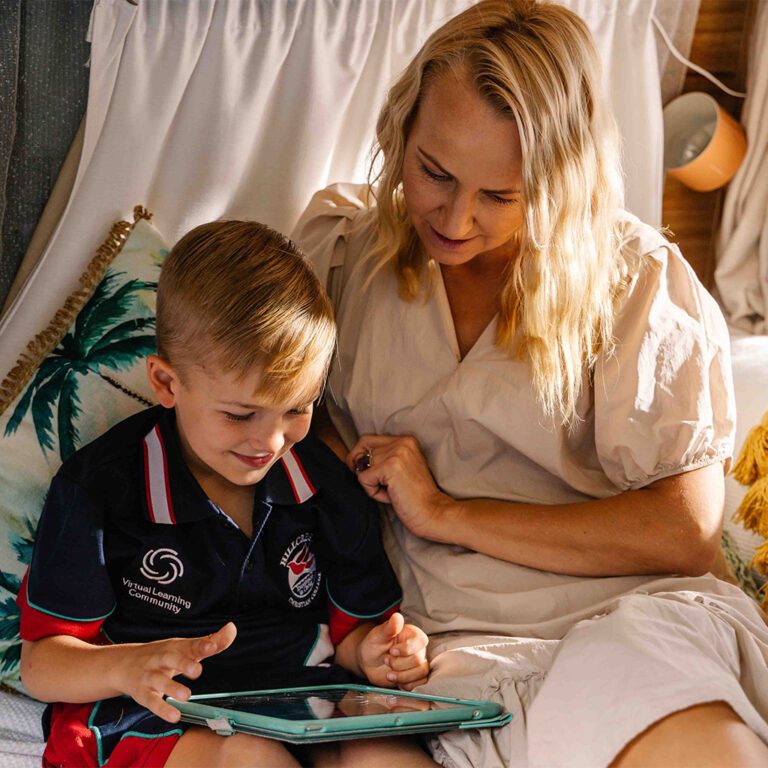Author of “Future Tense: Why Anxiety is Good for You, Even Though it Feels Bad”, Dr Dennis-Tiwary states that anxiety is an emotion that provides us information and preparation, by giving us nervous apprehension of an uncertain future. Where fear is extreme worry and nervousness related to a negative experience, in anxiety there is a glimmer of optimism that if the anxiety can be overcome, there is potentially a positive outcome on the other side. For example, entering a public-speaking competition could generate feelings of worry, sweaty palms, a sore tummy, and wondering whether you will talk too fast, forget what you practised, or come last, but there is also a possibility that you could deliver your speech perfectly, maintain eye-contact just as you practised, and perhaps even walk away with a prize. Athletes and performers experience the same signs of sweaty palms, feelings of nervousness and sore tummy before a big event, but they have learned to recognise it as ‘excitement’, rather than fear or stress.
When we use the term ‘physical health’, we conjure up images of going for a run, eating healthy food, and being in the great outdoors; all of these have a positive connotation in our minds. And yet when we discuss ‘mental health’, it often creates a picture based on the deficits: stress, a disorder, fragility, inability. Leadership expert and author, Simon Sinek, suggests we should start referring to mental health as ‘mental fitness’, an image that steers us towards a more proactive vision of how we can channel anxiety into achieving an improved state of mind.
Mental health is not the absence of emotional discomfort; part of being human is going through stages of emotional turmoil. Dennis-Tiwary suggests that we help young people recognise that they are experiencing the emotion of anxiety – just as we would with sadness, or uncertainty – allow them to sit in this emotion, work through it, and discuss how we can work towards a more positive state of mental health.
Dennis-Tiwary asserts that while there are genuine anxiety disorders, these really reflect the degree to which a person can cope with the anxiety in their life. For the vast majority of the population, anxiety can be used to our advantage, to protect us and strengthen our creativity and productive powers.
Sometimes we see students in the Virtual Learning Community who have experienced significant struggles with anxiety, which have, in the past, prevented them from attending an on-campus school. It is so encouraging to see these students build their coping skills, establish relationships with others, and begin to see themselves as successful learners, as they engage with their online peers in a virtual environment. With access to College counselling staff, as well as caring Life Group teachers who engage daily with students to provide social and emotional support, students develop their emotional intelligence and life skills. To find out more about the Virtual Learning Community, contact our friendly team here: Contact – Hillcrest Virtual Learning Community (hillcrestvlc.school)
To hear the full podcast between Simon Sinek and Dr Tracy Dennis-Tiwary, please click here: A Bit of Optimism: The Wisdom of Anxiety with Dr. Tracy Dennis-Tiwary on Apple Podcasts
Author: Danni Foster-Brown
Head of Virtual Learning Community
Distance Education suited to your family and lifestyle
Hillcrest Christian College’s Virtual Learning Community (VLC) offers your family a truly flexible Distance Education learning experience, so your child can access an exceptional independent school education to suit your family’s lifestyle.





